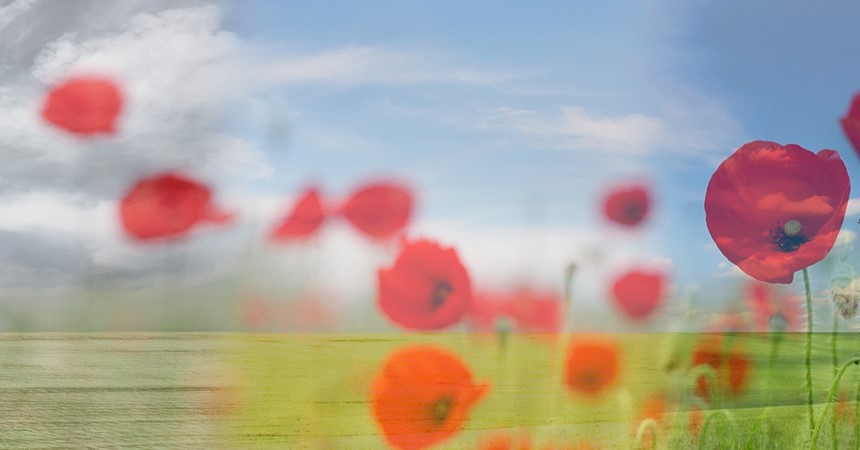While Father Bob certainly beat to his own drum, he offered something radically appealing that captured the hearts, minds and attention of mainstream society through his influential media presence. Having recently read ‘Father Bob- The Larrikin Priest’ by Sue Williams I have come to learn of Bob’s early years of survival in a dysfunctional family to rising above these struggles. He was instrumental during his early years in developing opportunities for youth and the disadvantaged, he joined the army cadets, and entering the seminary. I felt the presence of Mary MacKillop while learning about Bob Maguire as parallels exist between their deep calling from an early age, a turbulent childhood, and a strong hold on to what they believed to be right and just.
While seen as unorthodox to many, others took inspiration from Father Bob Maguire’s compassion, empathy and action in assisting those in need. He felt he was the living expression of Vatican II which was heavily weighted on inclusivism. A church that looked beyond the walls of the building, was missionary and outreached to those living within the vicious cycle of everyday grief.
He recalls his years associated with the army and compares Anzac mateship to being like the bond between Jesus and his disciples. There was a teaching in Jesus’ words and actions and comradery felt upon the disciples who were also there to protect him. So too, when those who serve enter a life threatening environment, there is a need for respect and a necessity to watch out for one another.
War in all it shapes and forms while destructive by its very nature has the capacity to bring people together, form bonds and relationships through the sharing of similar experiences.
This week is a reminder of those who not only sacrificed their life at Gallipoli in 1915 but for all who have been associated with war. The ‘Anzac tradition’ are the ideals of courage, endurance, and mateship. These values not only sit in the hearts of those who have served but extend to their families who realise that these are core components that sustain and maintain their loved one’s commitment to serve.
Anzac Day services in many ways echo that of a religious funeral service, the structured ritual actions, the sights and smells, the music, the prayers, the wearing of memories, the laying of flowers, the eulogy or story of the dearly departed. There is a sacramentality and sacredness felt by those who come to be present to continue to Anzac spirit of those who have lost their life, so others may live. While there is sense of freedom attached to the day and a time to recognise ordinary people who do extraordinary things there is also a sadness and grief.
Grief can manifest itself in so many ways as we journey through change and loss, and we are blessed to have so many organisations that are available to assist people navigate a way forward.
I have recently had the opportunity to undergo training in the Seasons for Growth Adult program. The program was originally developed in 1996 by the sisters of St Joseph who live by Mary MacKillops motto, “Never see a need without doing something about it.”
‘Seasons for Growth is an innovative, evidence-based change, loss and grief education program that draws on the metaphor of the seasons to understand the experience of grief. It builds the knowledge and skills necessary to strengthen social and emotional wellbeing following significant loss. It does this by exploring the impact of change and loss and learning about effective ways to respond and adapt. Participants learn that they are not alone in their experience of change, loss and grief, and are able to build their communication, decision making and problem-solving skills within the context of a safe and supportive peer group learning environment. All Seasons for Growth programs are grounded in sound, person-centred educational principles.
As such, the programs have been shown to be a very effective education intervention. The programs do not provide counselling or psychotherapy.’ (www.goodgrief.org.au)
Grief is part of our human condition and is a response to change and loss. It can affect us at different stages in our pilgrimage through life for a multitude of reasons and in a multitude of ways. Like the ones who came before us we have an obligation to watch out for those who are in need.
If you would like to know more about the programs on offer, please contact me at rose.mcallister@mn.catholic.org.au
Follow mnnews.today on Facebook.
